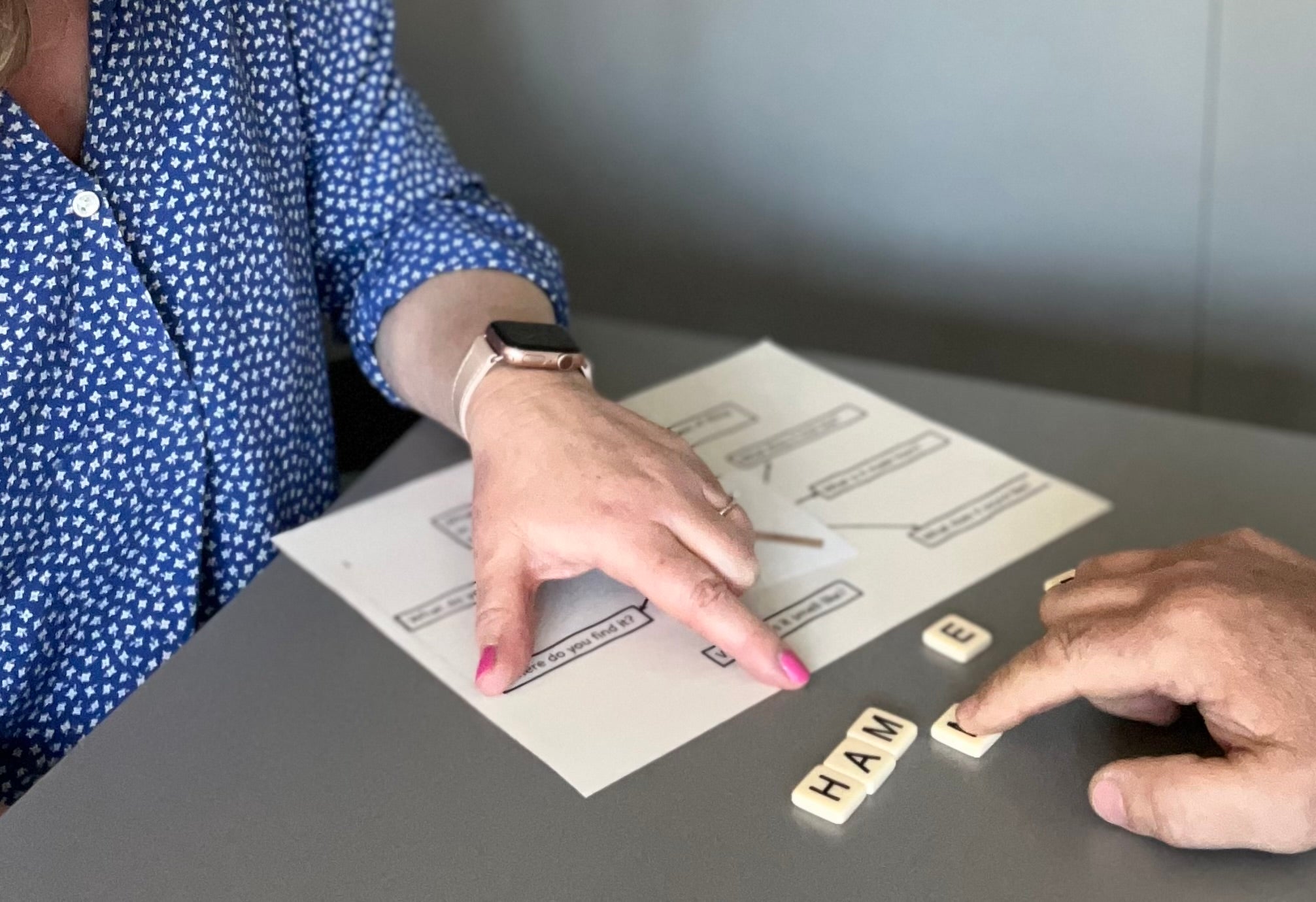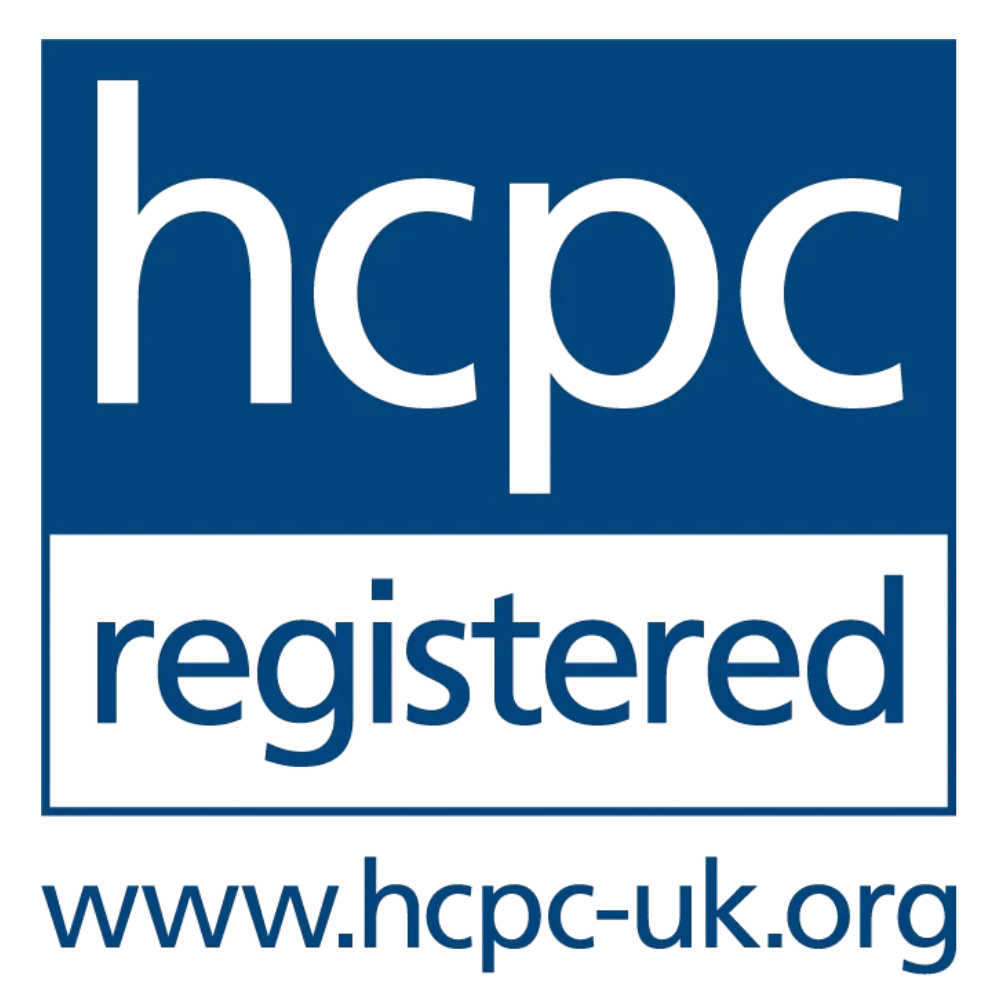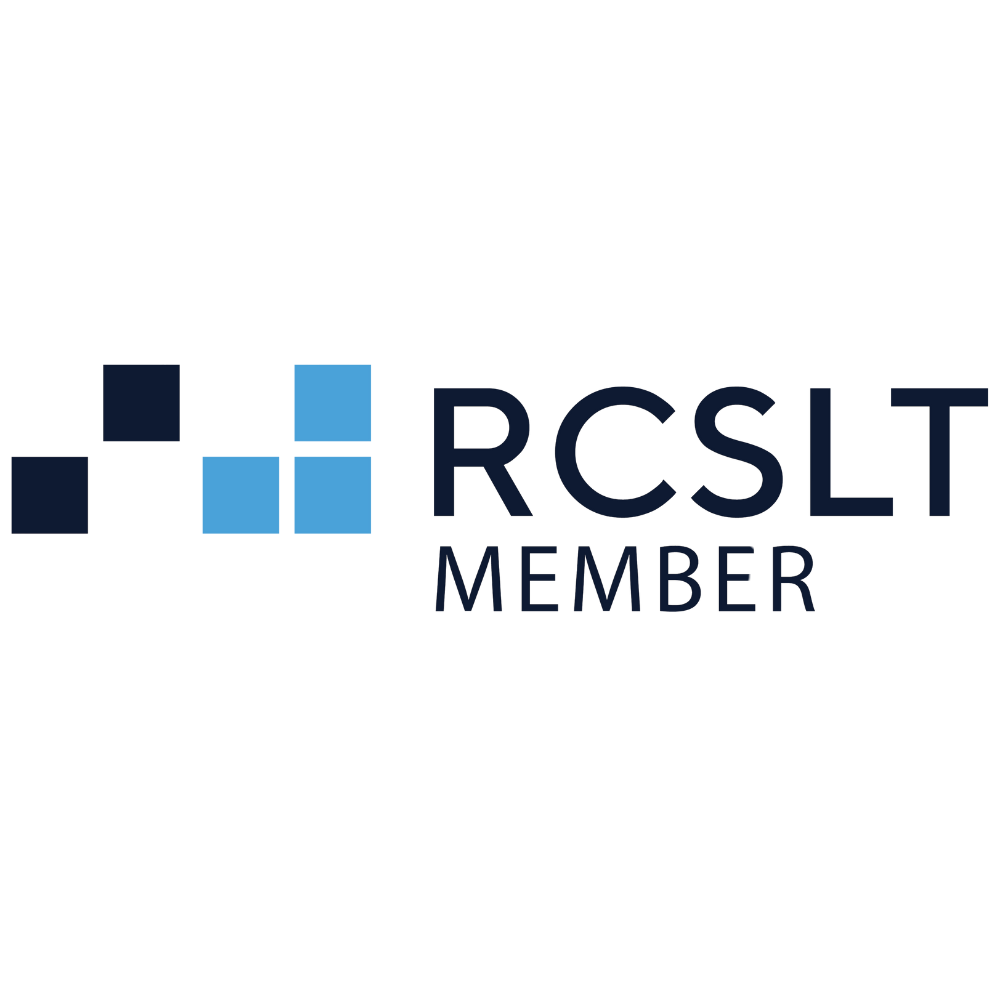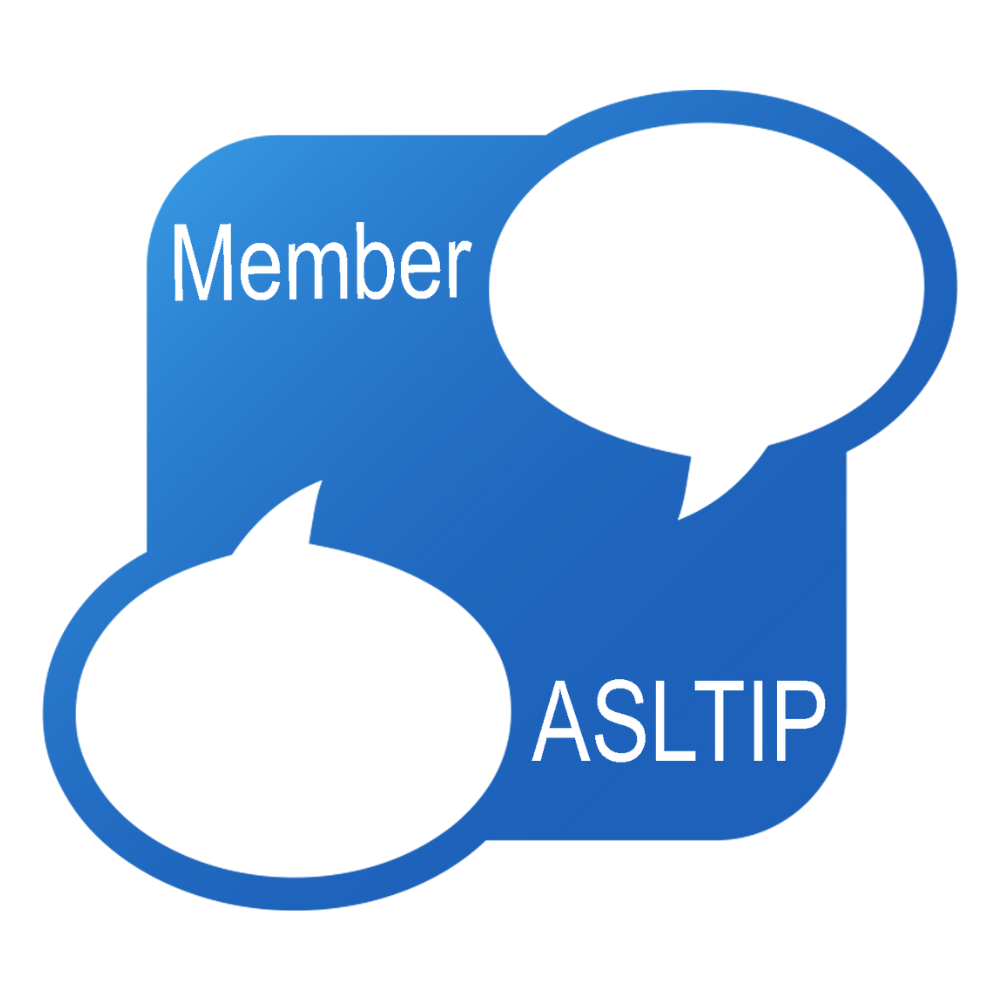Speech & Language Therapy For Adults
I provide person-centred, evidence-based therapy for the following:
- Aphasia - a communication disorder that affects an individual's ability to process and produce language, and often presents as word-finding difficulties. It is often the result of brain damage, typically stemming from a stroke, traumatic brain injury, or a progressive neurological condition. Using a variety of evidence-based therapies, I can work with you to improve your word-finding ability, your expressive and receptive language, reading and writing abilities, depending on your personal communication needs and goals.
- Apraxia - a motor speech disorder that affects an individual's ability to coordinate the movements necessary for speech production. This condition is characterised by difficulty in planning and executing the precise movements required for speech, despite having the desire and physical ability to speak. It is important to note that apraxia of speech is not due to muscle weakness or paralysis, it is a disruption in the brain's ability to send the correct signals to the muscles involved in speech. Work with me to develop strategies to support your communication, and reduce the frustration that often accompanies apraxia of speech.
- Dysarthria - Dysarthria is a motor speech disorder resulting from neurological injury, for example stroke, that affects the muscles used in speech production. This condition can lead to slurred, slow or fast speech that can be difficult to understand. It is important to recognise that dysarthria is not a cognitive disorder; it is a physical impairment that affects the clarity of speech. I employ therapies to improve the clarity of your speech through articulation exercises, improving breath support and increasing your self-awareness of the pace and volume of your speech.
- Dementia -implementing targeted speech and language therapy strategies can significantly improve communication for individuals with dementia. Using strategies such as reminiscence therapy, visual aids, simplified language, and creating supportive environments, can enhance the quality of life for those affected by dementia.
Services:
Initial Consultation and Assessment – Summary report - £130
An initial consultation and assessment lasts up to 1.5 hours and includes an outline report of the assessment findings and recommendations.
Initial consultations include a thorough case history, formal/informal assessment (as appropriate), observations, discussion with family/carers, and reading of reports from other professionals.
Standard Therapy Session – £60
A standard, face-to-face therapy session usually lasts between 45 and 60 minutes and can take place in your home or in the clinic. The fee also includes time spent outside of the session in preparation of materials, planning, and clinical note-writing.
Online Therapy Session - £50
As above, but the therapy session is delivered via an online platform such as Microsoft Teams. Some clients prefer the convenience of online sessions.
Travel
A travel charge of £1 per mile is made for home visits over 5 miles from IP9 2EQ.
For example, a visit to a location 8 miles from IP9 2EQ would incur a mileage charge of 3 @ £1 = £3 x 2 journeys = £6





